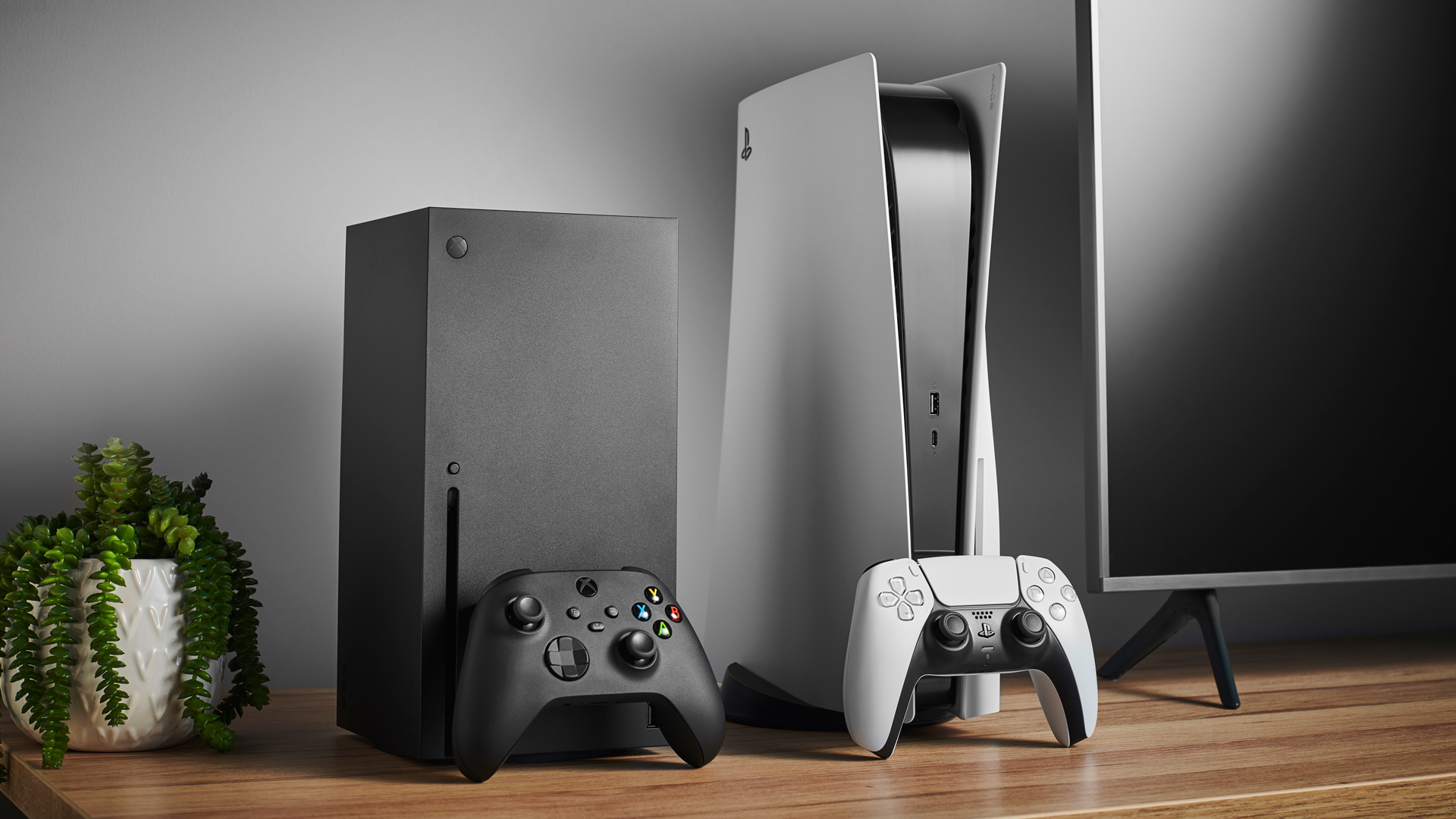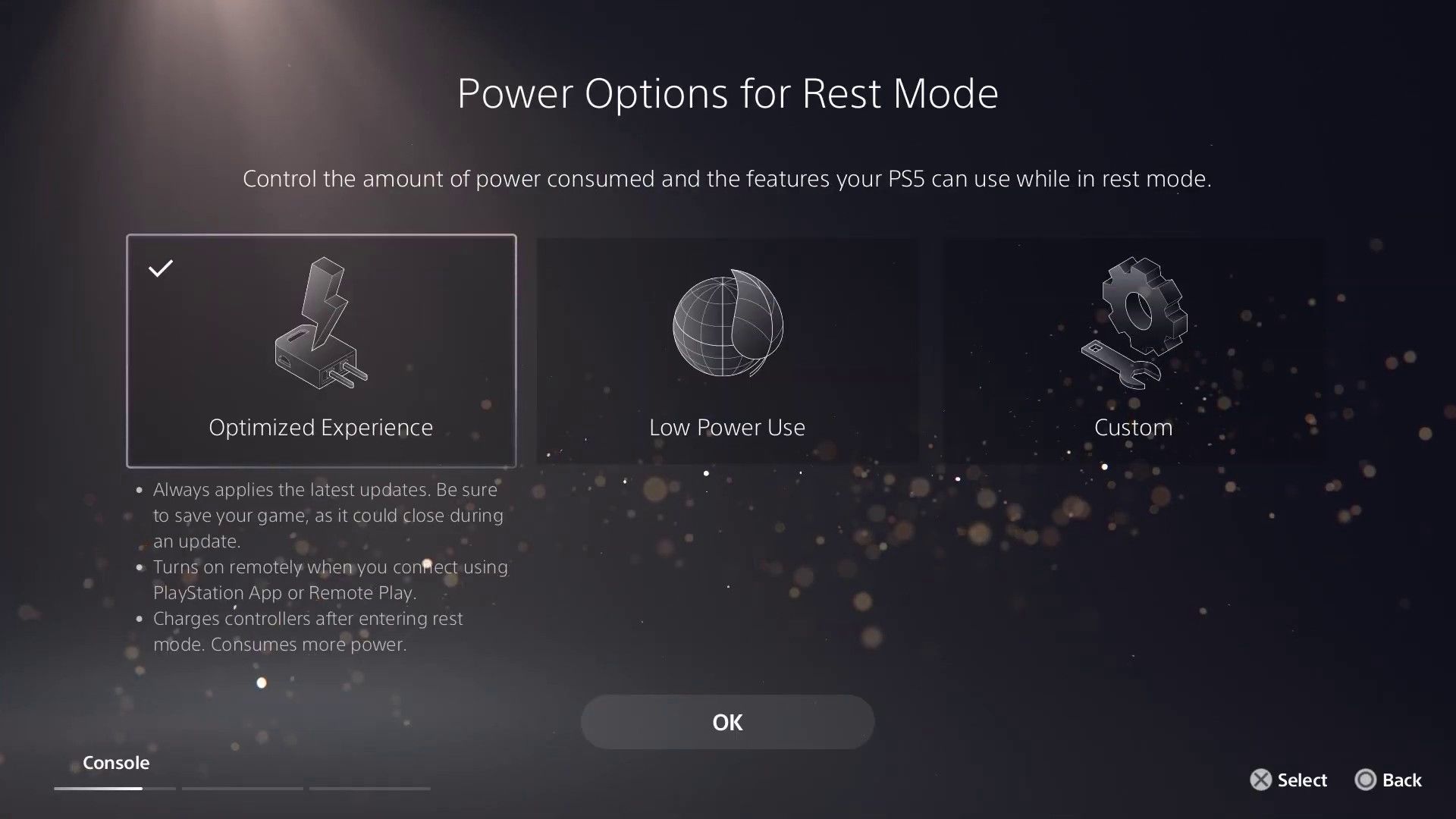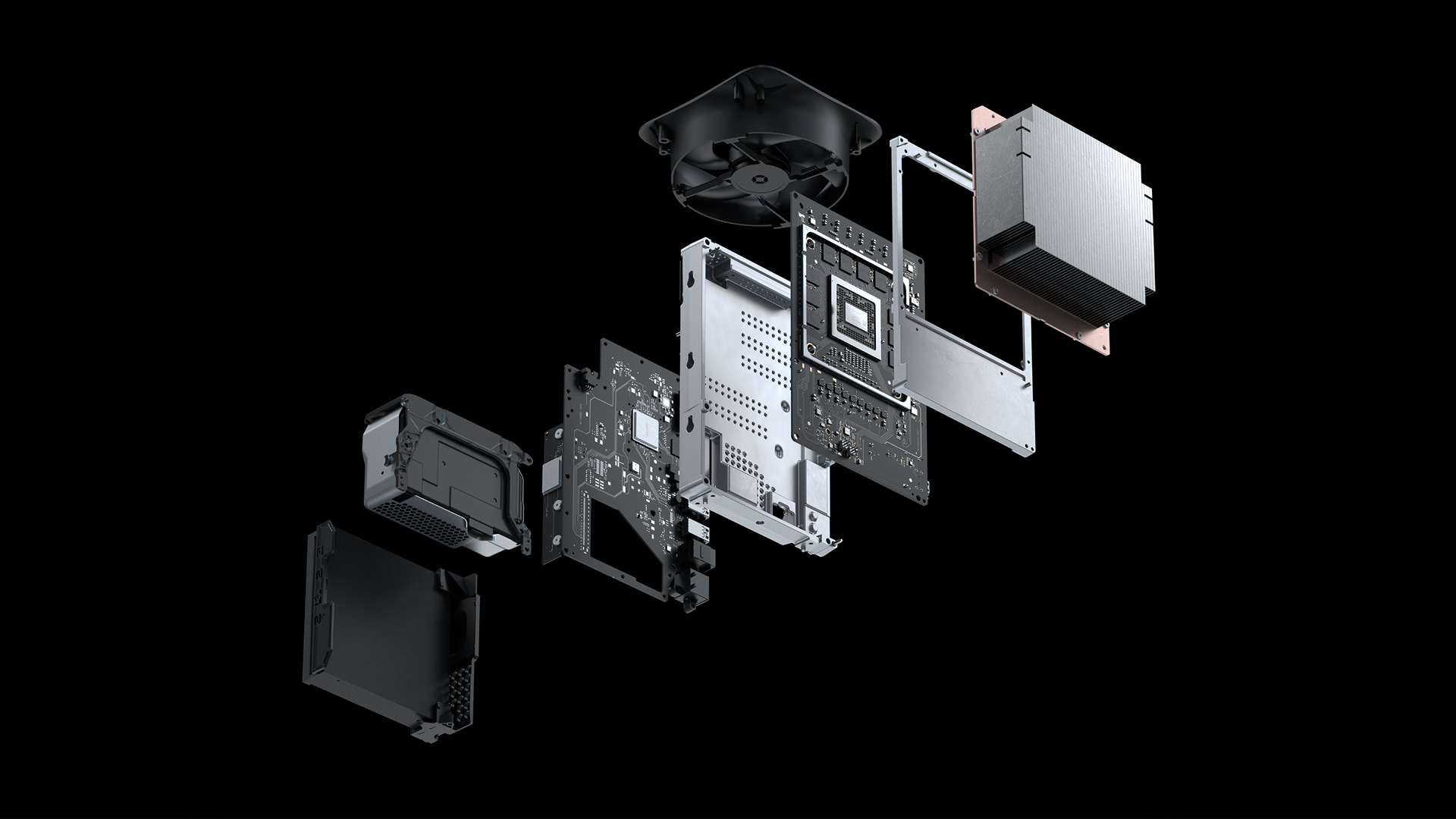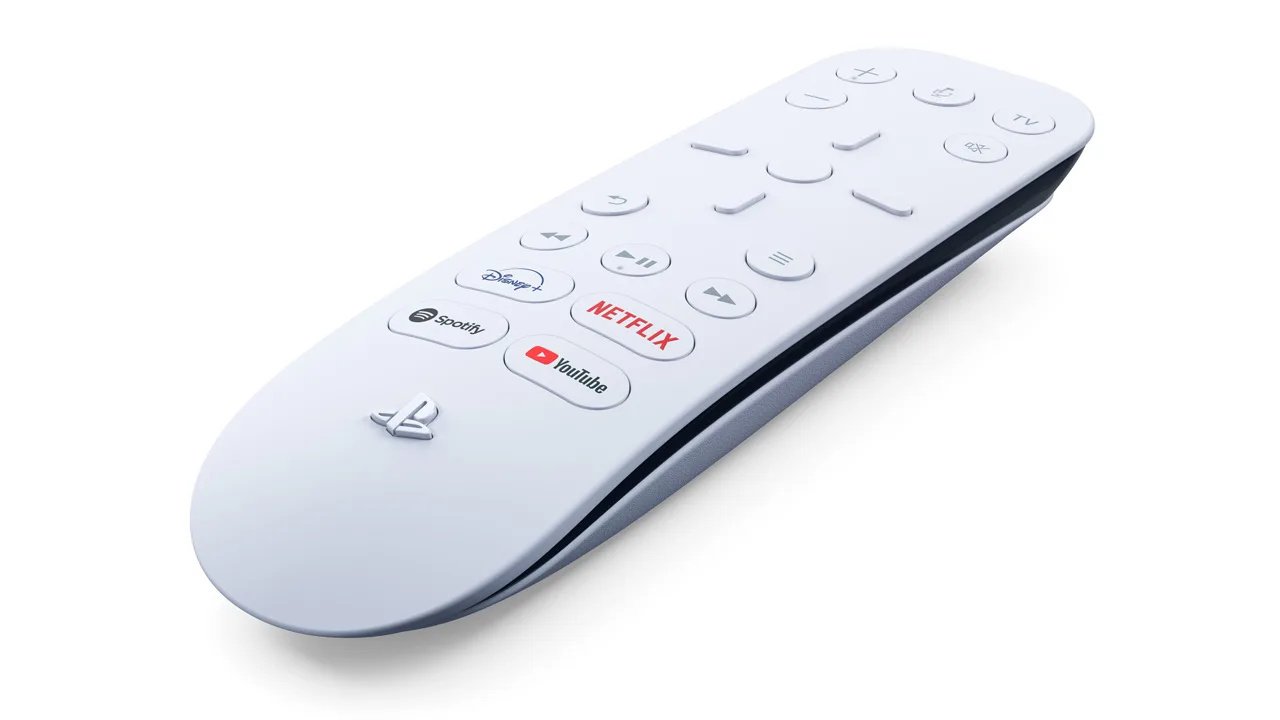Why climate scientists think the PS5 and Xbox Series X are still too much of an energy drain
Inside the unsustainable energy demands of the PS5 and Xbox Series X

Have you ever looked at your energy bill and wondered where those painful price hikes are coming from? The answer may lie with that gaming console sat beneath your TV. These machines have a pretty poor track record when it comes to energy usage, with annual emissions eclipsing that of small nations, and it seems as though the next generation of consoles don't fare much better.
A new report from the Natural Resources Defence Council found that the PS5 and Xbox Series X draw between 160 and 200 watts of electricity per hour when playing current games, marking a significant uptick on the energy usage of their predecessors. This might sound strange, given Microsoft and Sony's much publicised commitments to making its new consoles more sustainable, but Noah Horowitz, director of NRDC’s Center for Energy Efficiency Standards, believes both companies can and should do more to live up to those promises.
"Game consoles around the world consume well over a billion dollar worth of electricity and cause millions of tons of carbon emissions annually," he tells GamesRadar. "Given all the millions of game consoles installed, any energy savings measures they take can really add up."
Fuel for thought

One point of both concern and hope for Horowitz, and indeed the climate, are the next-gen console's new energy saving modes. These settings enable the PS5 and Series X to run on much less energy when in standby, and the NRDC's testing proves it – each console's Rest Mode uses less than one Watt of energy with these features enabled.
The Xbox Series X, however, ships with its "Instant On" mode as the default setting, which allows for the system to boot up in under five seconds, but uses ten times as much power in standby than its "Energy Saving" alternative. Horowitz explains that if Microsoft switched that default around, it could "save the equivalent of a large coal burning power plant’s worth of electricity" in the US market alone.
The PS5 could also make adjustments to further limit its power consumption in this area. In its optimised power state, the console won't automatically enter rest mode until after an hour of non-activity in a game, or four hours of non-activity in media playback, unless tinkered with in the settings menu.

That last part is particularly egregious, as Horowitz says that streaming videos on the consoles can use approximately 10 to 25 times more power than watching the same thing on a device more suited to the format, such as a tablet or smart television. "Game consoles are great for playing video games, but real energy hogs when it comes to streaming videos," says Horowitz.
Sign up to the GamesRadar+ Newsletter
Weekly digests, tales from the communities you love, and more
"Given the smooth integration of apps into the user interface of the new consoles, we expect many gamers to stream videos from their consoles instead of much lower power consuming options such as through a streaming device like Roku, Apple TV, or Kindle Fire, or better yet directly through their relatively new Smart TV that might include the desired app such as Netflix or Amazon Prime for example."
It may be more convenient to go straight from playing Assassin's Creed Valhalla to watching Vikings on Amazon Prime with a few presses of the DualSense, then, but the small hassle of switching HDMIs or reaching for the TV controller could have a profound impact on the games industry's carbon footprint.
Watt now?

Even so, for all the gains made with their new standby modes, the next generation is still more of a burden on the environment than the previous one, thanks to those high-powered SSDs eating up a far greater amount of energy per hour during play. Throw in the demands of manufacturing, shipping, and cloud streaming, and the next-generation's emissions forecast isn't great. The good news is that, according to Dr. Ben Abraham of the Sydney's University of Technology, Microsoft and Sony "are in the unique position of having comparatively large control over the energy profile of the devices they make and sell to consumers."
"Games consoles already have a kind of process they go through over their lifespan where engineering improvements get made to the underlying hardware," he continues, "so by the end of the console generation they're using less power to do the same things as they were at the start."
That's been true for the PS4 and Xbox One, and it'll be true for the PS5 and Xbox Series X, though it remains to be seen how new, even more ambitious next-gen software might push up the systems' energy demands, as the NRDC's report states that playing backwards compatible games on the machines uses far less energy than current titles. But system updates won't be enough in the age of the Anthropocene, where humanity needs to halve its emission output by 2030 to significantly reduce the risks of global warming.

"I want to see commitments from Microsoft and Sony to make this the last console generation"
Dr. Ben Abraham
Abraham offers two radical suggestions for the industry at the start of this new generation: "To make these consoles more sustainable, I would want to see commitments from both Microsoft and Sony to make this the last console generation, at least for a long time, or until a completely carbon neutral, environmentally responsible production process is in place."
"Either that, or open up old hardware platforms so that they can be repurposed and reused. Otherwise there is going to be a lot of perfectly good hardware thrown out over the next few years, and most of it isn't going to be recycled, and it's certainly not going to be reused for anything."
If that sounds like a big ask, it's merely a reflection of an even bigger crisis. The game industry has a responsibility to dramatically draw down its emissions alongside all other spheres of society, and while its current efforts are noble and welcome, it simply isn't enough.
We can do what we can as consumers – making a habit of turning our consoles off when not in use, putting those new energy saving features to good use, and avoiding media and cloud streaming where possible – but it's ultimately up to the brilliant minds behind the next generation to play their part in mitigating the greatest crisis of our time.
For more, check out the best ways to recycle your old video game console, or watch the video below for our full review of Cyberpunk 2077.
I'm GamesRadar's Features Writer, which makes me responsible for gracing the internet with as many of my words as possible, including reviews, previews, interviews, and more. Lucky internet!




